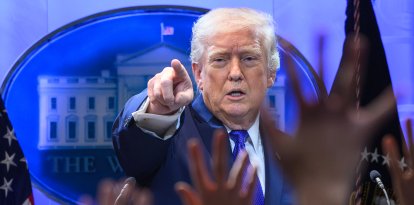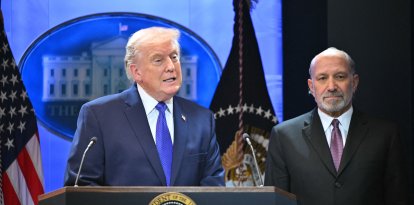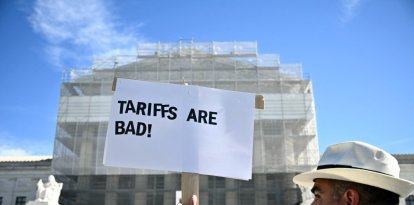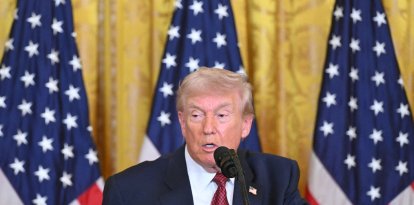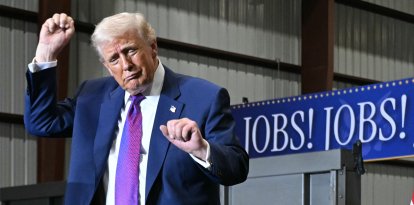Senate pushes bipartisan bill to empower Congress against Trump's tariffs
Senators Chuck Grassley (R-IA) and Maria Cantwell (D-WA) jointly introduced the Trade Review Act of 2025.
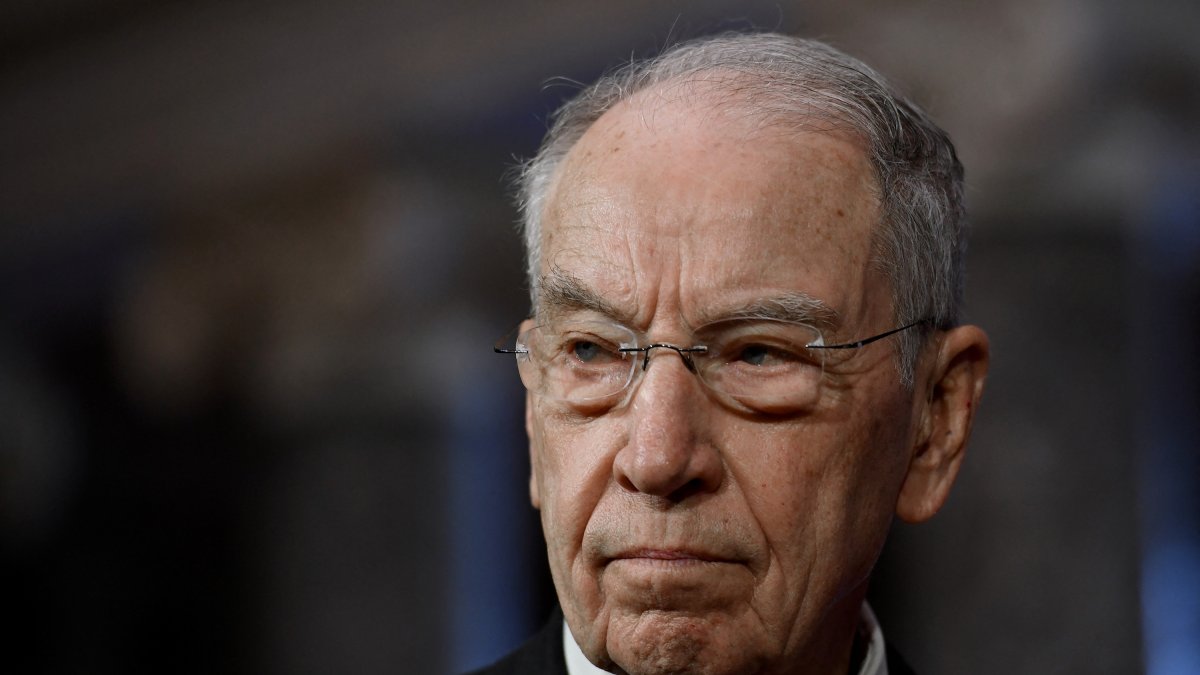
Sen. Grassley is one of the bill's authors/ Olivier Douliery
Just a day after Donald Trump announced his policy of reciprocal tariffs, the Senate advanced a bipartisan bill to empower Congress against the Republican president's tariff policy. The legislation, dubbed the Trade Review Act of 2025, was introduced by Senators Chuck Grassley (R-IA) and Maria Cantwell (D-WA).
The bill would require the president to notify Congress of any new tariffs within 48 hours of their imposition. It also requires President Trump to provide a justification for the tariffs, along with an analysis of their subsequent impact on the U.S. economy.
In turn, the legislation would require that Congress approve the new tariffs within 60 days or let them expire. According to the authors, the central goal is for Congress to regain some of its constitutional authority to set tariffs.

Economy
"Don't retaliate or there will be escalation": Treasury secretary urges countries not to respond to reciprocal tariffs
Emmanuel Alejandro Rondón

Economy
"Made in America": some local entrepreneurs claim Trump's tariffs will be beneficial to their businesses
Emmanuel Alejandro Rondón
"This bill reaffirms Congress' role over trade policy"
"Trade wars can be as devastating, which is why the Founding Fathers gave Congress the clear constitutional authority over war and trade. This bill reasserts Congress’s role over trade policy to ensure rules-based trade policies are transparent, consistent, and benefit the American public," Senator Cantwell said about the legislation, clarifying that it "doesn't go as far as we would like."
"For too long, Congress has delegated its clear authority to regulate interstate and foreign commerce to the executive branch. Building on my previous efforts as Finance Committee Chairman, I’m joining Senator Cantwell to introduce the bipartisan Trade Review Act of 2025 to reassert Congress’ constitutional role and ensure Congress has a voice in trade policy," Grassley said.
The bill would also allow Congress to end tariffs at any time by passing a resolution of disapproval.
In addition to the long-serving senator from Iowa, several Republicans in the Senate have expressed some skepticism about Trump's announced tariffs. Among them are Rand Paul (R-KY), Mitch McConnell (R-KY), Ted Cruz (R-TX), John Kennedy (R-LA), Susan Collins (R-ME) and Thom Tillis (R-NC).
Indeed, the histrionic Louisiana senator compared tariffs to whiskey. "A little whiskey under the right circumstances can be refreshing. Too much whiskey under the wrong circumstances and you end up drunk as a goat. We just don't know right now. But we'll know within the next six months. If it works, let's take a dozen. If it doesn't work, the president will have to recalibrate," he told Fox News.
What does the Constitution say about imposing tariffs?
Senator Paul recently pointed this out, explaining that the White House is using the International Emergency Economic Powers Act (IEEPA), enacted by President Jimmy Carter in 1977. "It has never been used for tariff before and doesn't mention the word tariff," he explained during a tough speech against the president's announcements.















